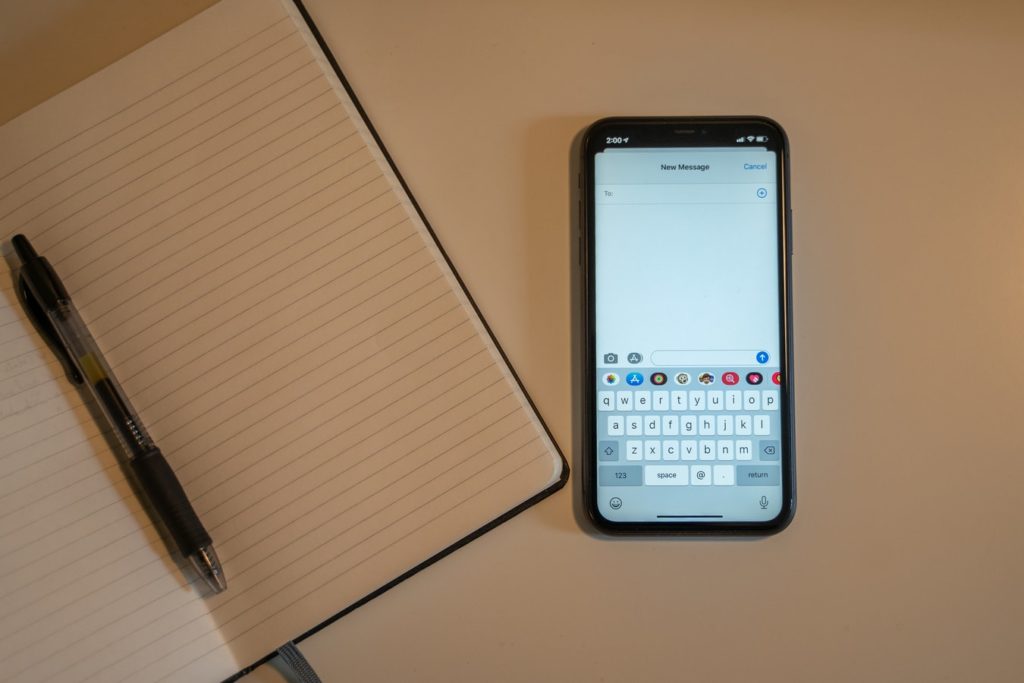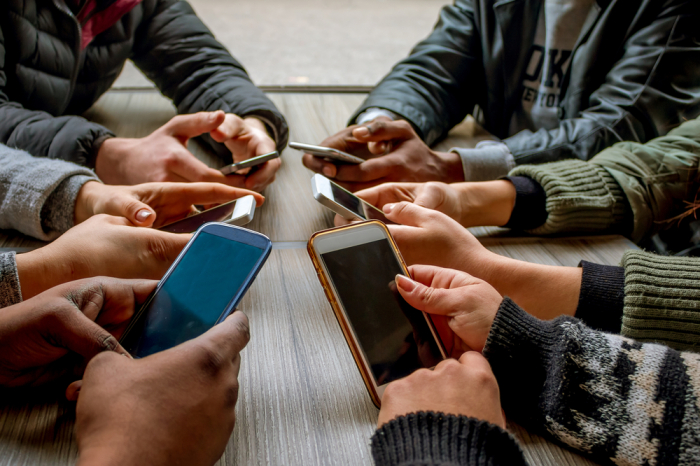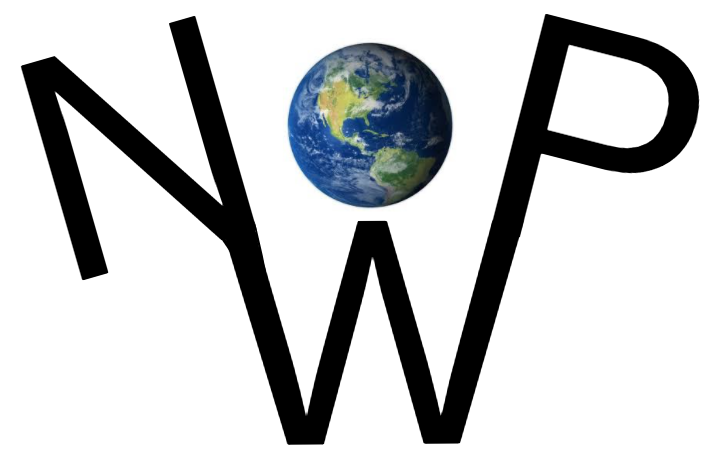‘If group chats give us solace and connection in a crisis, why do some of us feel burnt out and overwhelmed by them?“

The following written content by Bryan Lufkin
If group chats give us solace and connection in a crisis, why do some of us feel burnt out and overwhelmed by them?
When lockdown first started in March, group chats were my lifeline. Text conversations with work friends, New York City friends, old friends and relatives helped me stay connected during the once-in-a-generation crisis. We laughed at memes, calmed each other down, checked in on each other’s families.
But as the pandemic went on, I found group chats made my stress worse, not better. My phone was already constantly lighting up with news notifications, and the 50 or 60 missed texts that I could get in an hour from any one group chat made me feel anxious about putting it down. I felt guilty for not responding to a text right away, or checking in on a group thread. I couldn’t exactly come up with a good excuse, either – what was I going to say: “Sorry I missed your message, I was too busy staying at home doing nothing for the eighth consecutive month”?
Advertisement
Group threads have always caused some people anxiety, even before the pandemic. But as someone who embraced them before the pandemic, it’s surprising to discover that in the age of social distancing, it’s possible to suffer from social overload. If they give us solace and connection in a crisis, why do some of us feel burnt out and overwhelmed by them?
‘Communication debt’
Lockdown has meant that many more of us are using messaging apps. Text messages are casual, immediate and research shows that we like them more than emails. By late March, for example, WhatsApp had already reported a 40% spike in the number of users. A study in September of more than 1,300 US adults showed that use of digital communications of all kinds increased during Covid, with text messaging leading with a 43% jump. Read more from BBC.






